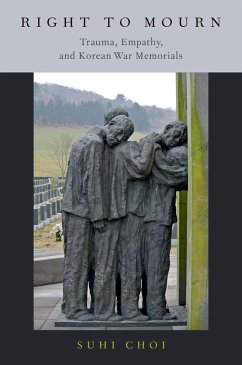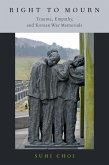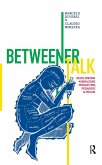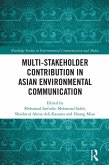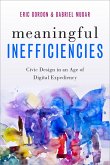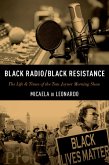In the highly politicized memory space of postwar South Korea, many families have been deprived of their right to mourn loved ones lost in the Korean War. Only since the 1990s has the government begun to acknowledge the atrocities committed by South Korean and American troops that resulted in large numbers of civilian casualties. The Truth and Reconciliation Committee, new laws honoring victims, and construction of monuments and memorials have finally opened public spaces for mourning. In
Right to Mourn, Suhi Choi explores this new context of remembering in which memories that have long been private are brought into official sites. As the generation that once carried these memories fades away, Choi poses an increasingly critical question: can a memorial communicate trauma and facilitate mourning? Through careful examination of recently built Korean War memorials (the Jeju April 3 Peace Park, the Memorial for the Gurye Victims of Yosun Killings, and the No Gun Ri Peace Park), Right to Mourn provokes readers to look at the nearly seven-decade-old war within the most updated context, and shows how suppressed trauma manifests at the transient interactions among bodies, objects, and rituals at the sites of these memorials.
Dieser Download kann aus rechtlichen Gründen nur mit Rechnungsadresse in A, B, BG, CY, CZ, D, DK, EW, E, FIN, F, GR, HR, H, IRL, I, LT, L, LR, M, NL, PL, P, R, S, SLO, SK ausgeliefert werden.

